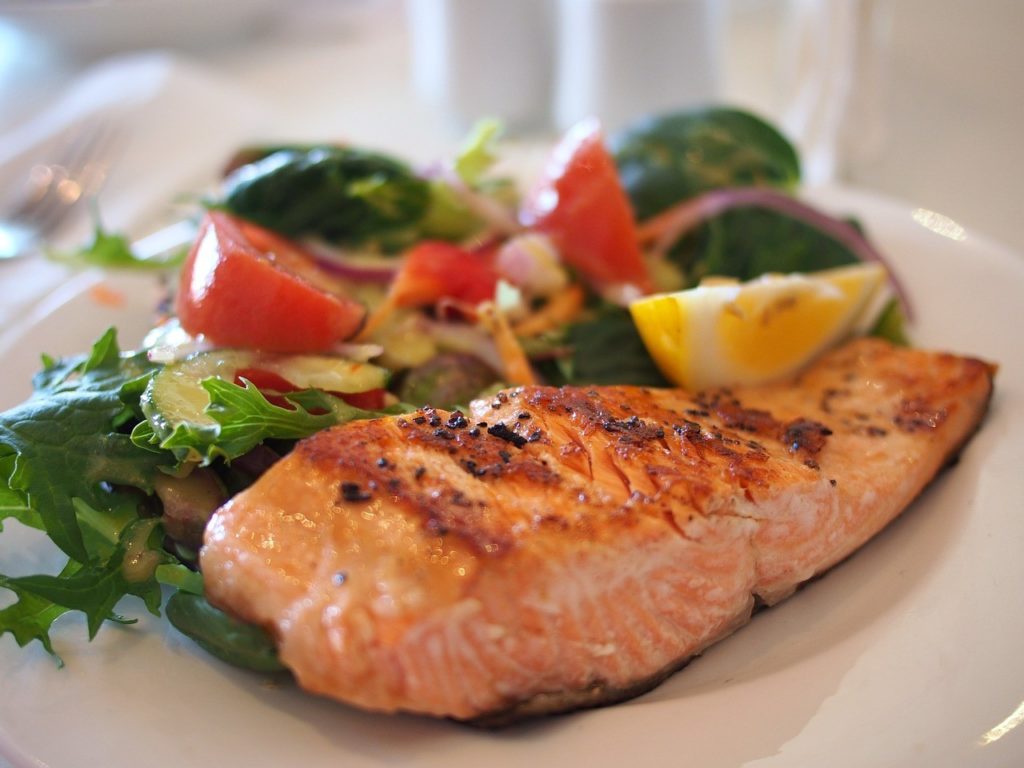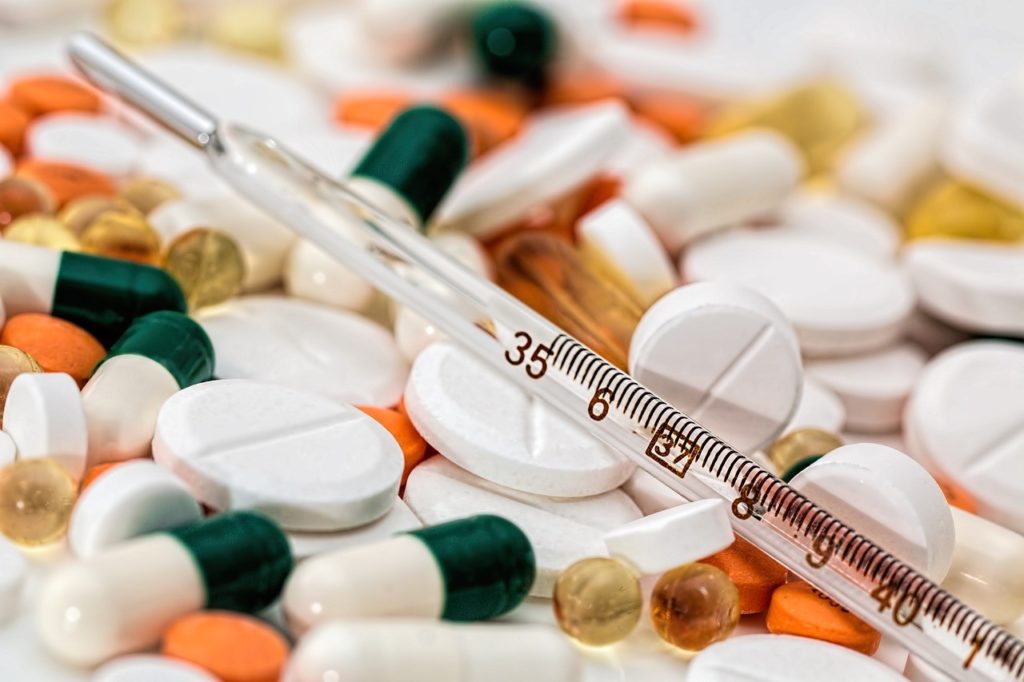The content of this article is not intended to be a substitute for professional medical advice, diagnosis, or treatment. Always seek the advice of your physician or other qualified health provider with any questions you may have regarding a medical condition.
How to Get Off Methadone Slowly and Safely
Methadone is notorious for being one of those drugs that you can become addicted to way too easily. You may have primarily heard of it being the prescription drug for aiding people in their struggle to get off of heroin, but it is also used to relieve pain, and that opens a whole new gateway to addiction. To read more about this way of using methadone visit this link.
Much like any powerful medicine, methadone can be extremely difficult to quit. There are withdrawal symptoms waiting to jump you as soon as you start your journey, and quitting cold turkey can make them all the worse. Fortunately, if you take it slowly and pull a few tricks along the way, you can quit this substance virtually without any trouble at all.
Never let your impatience impede you
After spending time addicted to any kind of drug, legal or not, it is understandable if you want to put an end to it as quickly as possible. However, even if you are eager to leave it all behind for good, it pays to take your time with it. You will hang out with your pills longer, but tapering off them slowly is better for you in the long run.
Your detoxification schedule should take into account these three factors: how long you have been using methadone altogether, what amount of it you are currently taking, and how long you have been on that particular dose.
A good rule of thumb is to decrease your daily dose by 10% every one or two weeks until you come down to one-third of the dose you started with. At that point, if your withdrawal symptoms are at a level you can bear with, start cutting the drug at half the previous rate. Remember that recovery takes time. If your withdrawal becomes too severe, it is okay to maintain the previous dose for a few days before continuing the decrease.
Change your plate to change your game

Even if it sounds too simple to be true, never disregard the power of food. Making changes to your diet can go a long way in your struggle with addiction. While you are working to quit your meds, start eating for that cause. You want to make your diet build your endorphin levels; put simply, yummy food will make your brain and body happy without relying on drugs for it.
You can achieve this by making sure you ingest plenty of quality proteins – think about 20 to 30 grams three times a day. The go-to ingredients for recipes rich in protein include chicken, turkey, beef, mushrooms, eggs, nuts, and especially fish, which contain a great deal of healthy fats. Fresh fruits and vegetables are your best friends on hot days and when your appetite is low. Make a nice salad and let the colors cheer you up.
If you need a little boost of inspiration, check out this man’s journey to get off methadone with basically no withdrawal: http://www.projectunbroken.com/how-greg-got-off-of-methadone-with-very-little-withdrawal/
Do your best to reduce sugar and processed foods, or outright eliminate them, and drink lots of water instead. Hydration will push your detox along, and also reduce discomfort such as headaches, fatigue, and even mood swings.
Take the trouble for a run
When you are fighting addiction and suffering through hellish withdrawal symptoms, hitting the gym may be the last thing you want to do – and you don’t have to. In fact, it may be smarter to pass right by it, as you don’t want to overexert your struggling body.
Go for a walk around the block instead. Maybe jog a little if you feel up to it, and feel free to stop and sit down for a breather. Or stay indoors, do yoga. Blast your favorite music and dance around. Anything goes, just get some movement in your day.
Much like a balanced diet, regular exercise boosts endorphin (which is a natural painkiller), as well as your confidence. It helps you get rid of toxins, reclaim muscle mass lost to drugs, and directly reduces depression and anxiety.
Professional help is indispensable, and your own small efforts help bring it all together.

